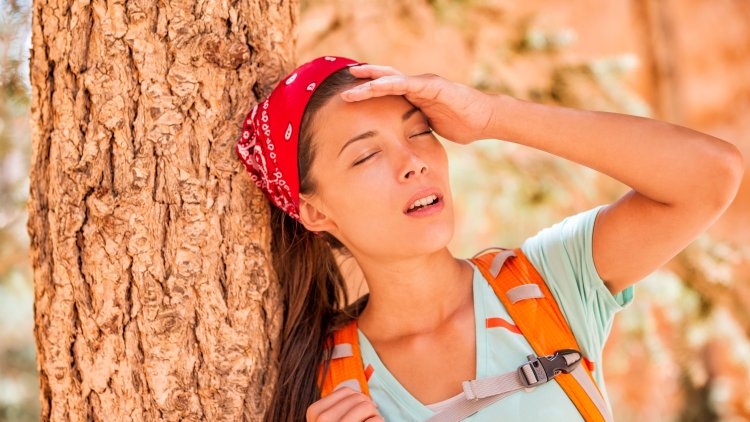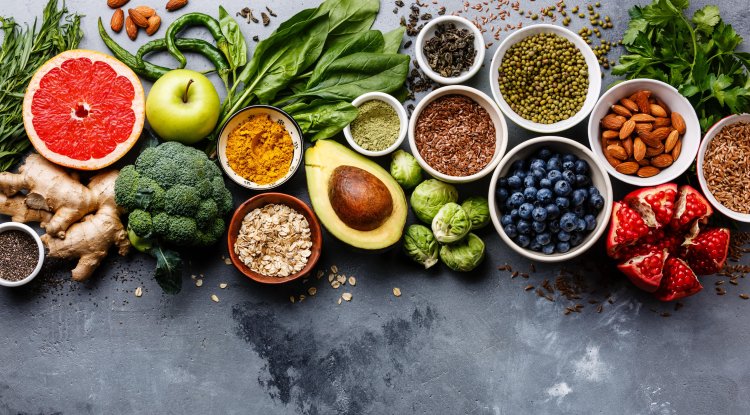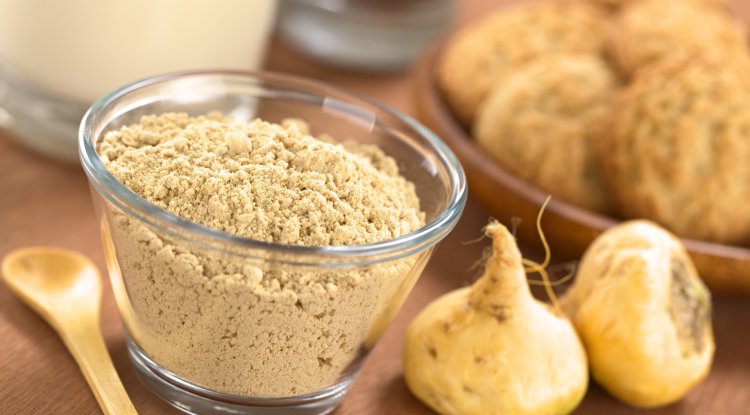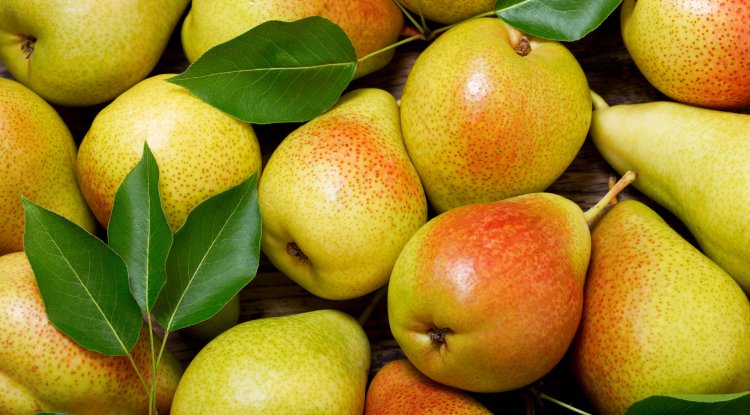These are the first symptoms of heat stroke
Heat stroke is a sudden collapse of the organism that occurs as a result of long-term and excessive exposure to strong heat when there is an excessive increase in body temperature and the inability of the organism to cool itself.

Heat stroke is a sudden collapse of the organism that occurs as a result of long-term and excessive exposure to strong heat when there is an excessive increase in body temperature and the inability of the organism to cool itself. There are two forms of heatstroke - classic and exertional heatstroke.
The first occurs during prolonged exposure to heat, and is characteristic of the summer months and most often occurs in the elderly. Exertion-induced heat stroke most often occurs in active people such as athletes, outdoor workers and similar groups of people who perform some physical activities exposed to high heat.
The first symptoms of heat stroke are hot and red skin, confusion, headache, nausea, muscle cramps, weakness, rapid heartbeat and fainting. Chronically ill people are at the greatest risk of heatstroke - especially those suffering from cardiovascular diseases, all people over 65 years old and children, athletes and outdoor workers.
Heat waves are becoming more frequent and more serious, so it is important to recognize the symptoms of heatstroke in time, but also to take all measures to protect yourself from high temperatures.
View this post on Instagram
Here's how to protect yourself
The most important thing is to avoid staying in strong sunlight and to drink enough fluids. Between 10 a.m. and 5 p.m., avoid going out in the sun - especially for children and the elderly, as well as the chronically ill. Plan hard physical work either until 7 am or in the afternoon after 5 pm. If you're going outside, we recommend light, loose, light-colored clothing made of natural materials, and be sure to bring a hat or cap with lighter colors.
During high temperatures, regularly drink non-carbonated plain or mineral water and low-calorie drinks without caffeine, alcohol and sugar. It is wrong to think that icy drinks will cool you down sooner, and it is recommended not to drink icy drinks, and the ideal drink for refreshment is homemade lemonade or simply take a sip of water every 15 to 20 minutes.
During the summer months, cool down the space where you are staying. It is recommended to keep the room temperature below 32°C during the day and 24°C at night. If you use air conditioning, be sure to close the doors and windows so as not to consume more energy than necessary, and it is recommended that you set the temperature so that it is not lower than 7˚C from the outside.
Post By: Vanessa F.




























